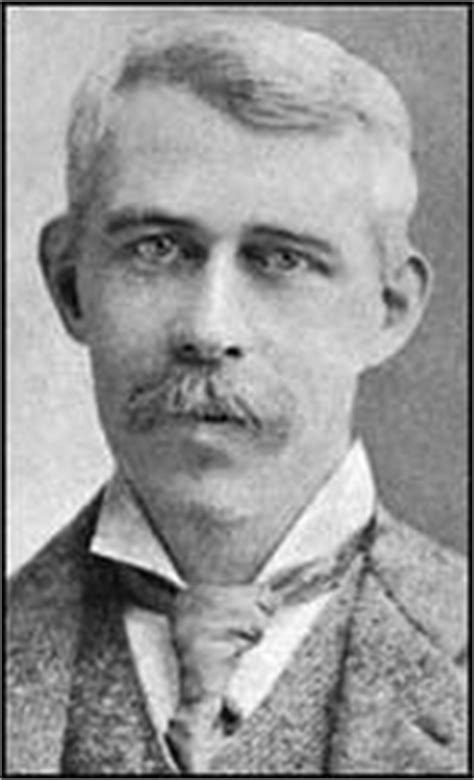A Quote by Arthur Schopenhauer
I have long held the opinion that the amount of noise that anyone can bear undisturbed stands in inverse proportion to his mental capacity and therefore be regarded as a pretty fair measure of it.
Related Quotes
Art is not for the personal satisfaction of one or the other, but art wants to return all what's in life... Art wants to give back everything what's in our lives. The more comprehensive the artist stands in life the more powerful his work will speak, and therefore a work of art is a measure of the mental size of his creator.
The mental capacity of a person to make reasonable contracts, is the only criterion, by which to determine his legal capacity to make obligatory contracts. And his mental capacity to make reasonable contracts is certainly not to be determined by the fact that he is, or is not, twenty-one years of age.
Intellectual respectability required mental health, and it was becoming evident to me by then that "mental health" consisted of trusting everyone about everything as much as possible - and, for good measure, poking fun at anyone who didn't. Especially to be trusted were the mass media, whose owners and personnel were not to be regarded as minions of the Establishment because, as they themselves used to attest with confidence, there was no Establishment in the United States of America. Only foreigners and paranoids believed (otherwise).
The amount of knowledge which we can justify from evidence directly available to us can never be large. The overwhelming proportion of our factual beliefs continue therefore to be held at second hand through trusting others, and in the great majority of cases our trust is placed in the authority of comparatively few people of widely acknowledged standing.
In proportion to the mental energy he spent, the man who creates a new invention receives but a small percentage of his value in terms of material payment, no matter what fortune he makes, no matter what millions he earns. But the man who works as a janitor in the factory producing that invention, receives an enormous payment in proportion to the mental effort that his job requires of him. And the same is true of all men between, on all levels of ambition and ability.
Every man is rich or poor according to the proportion between his desires and his enjoyments; any enlargement of wishes is therefore equally destructive to happiness with the diminution of possession, and he that teaches another to long for what he never shall obtain is no less an enemy to his quiet than if he had robbed him of part of his patrimony









































